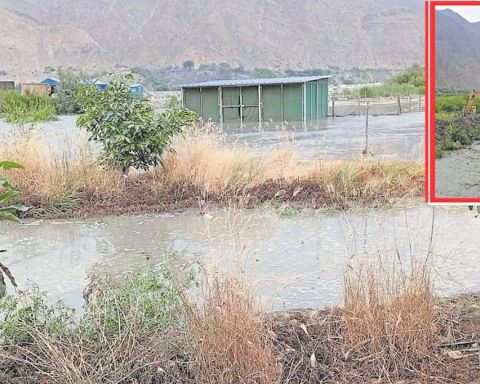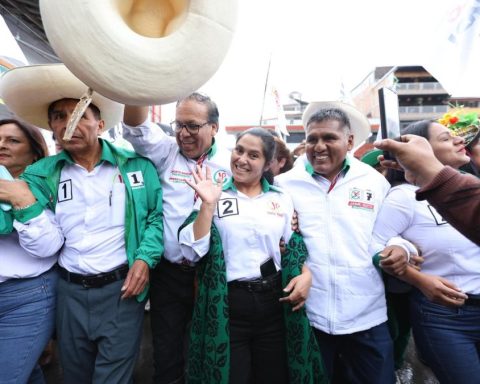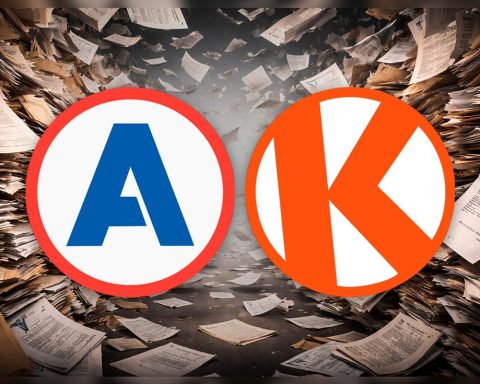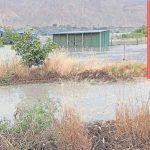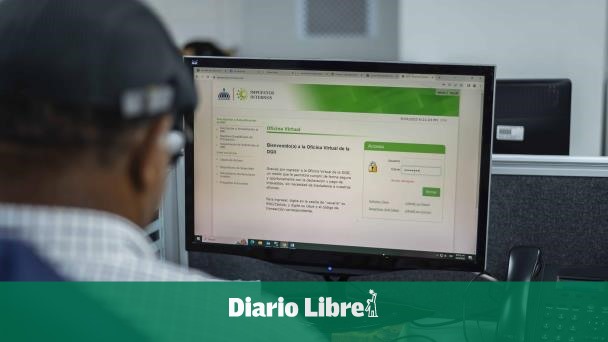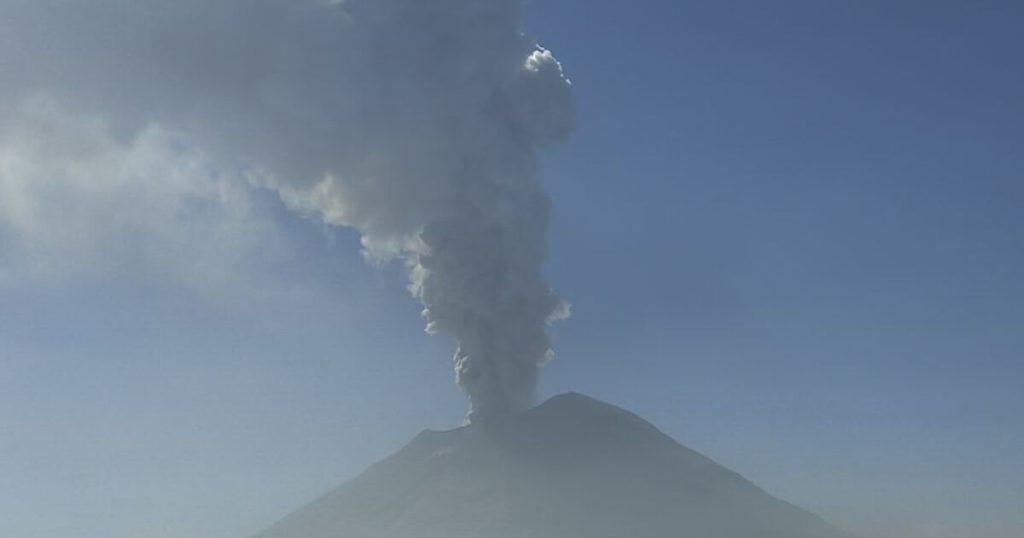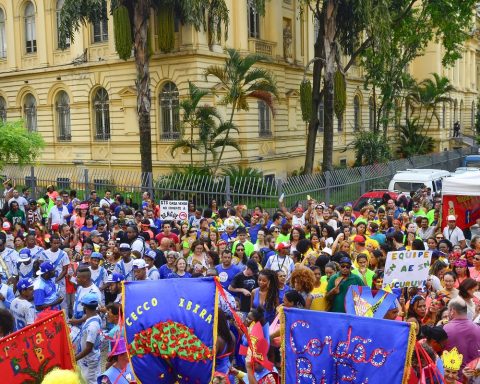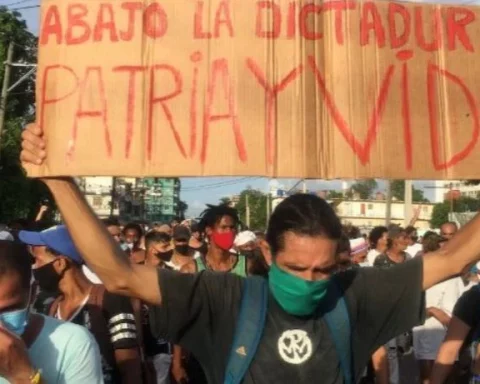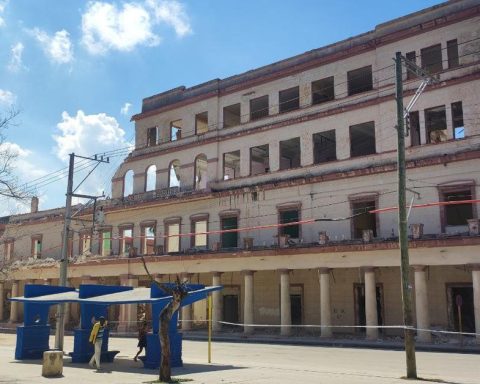The vote to have a regulatory framework for the Special Private Economic Zones (ZEEP) is still pending in Congress, and although there is a sector of the left that does not want this proposal to continue, for the professor at the University of the Pacific, Mercedes Aráoz, this is an opportunity to attract greater investment.
Look: Seven ministries do not invest even 50% of the budget for projects
What is the purpose of Special Economic Zones (SEZ)?
The idea of creating SEZ is to generate new productive conglomerates. We are not talking about spaces that compete with current productions, the idea is to take advantage of the new situation that will allow us to become a port and logistics hub in South America, so that new activities, with greater technology, that generate added value can be created in these areas. Peru has 11 SEZs, each zone with its own law, of which only four are already half-functioning. The SEZs must be attractive for private investment, where there are customs facilities. It is normal to regulate, but we have to be competitive in relation to the areas we have around the world and in our region in particular, that is, Chile, Colombia, in short even Ecuador, which has income tax exemption rates of 0% , while we 30%. A rate of 0% can be established that can increase over time, there are formulas, but do not start from a rate of 15% as is in the legislative proposal. That makes us less competitive to attract investments.
What advantages does having these SEZs bring us?
It helps you bring investment aimed at this type of development, of logistics spaces. There are very interesting elements that can be developed in this area and this is also worked on through regulations. A factor that helps, and that I have seen in the bill proposal, is the issue of the administration that would become private. The one who runs the risk would be the private sector. Currently, governance is where the mayor is, where the governor is, which delays public decision-making. Obviously, I am not going to give you a tax discount if I am not generating something of really important value, nor if I am going to do things that compete with the domestic productions that we export directly. You must have clear rules so that it does not generate unfair competition, so that there are no elements linked to smuggling and laundering.
Are there any international drawbacks?
The OECD is to avoid tax havens, not to stop promoting foreign investment. The OECD has not said anything against the generation of SEZs for regional development, that is even within WTO issues. These benefits are enjoyed by Chile, which is OECD, and by Colombia, which is also OECD. We are not going to be a tax haven, it is not the idea. You set clear performance conditions based on regional development.
What does international experience say?
It is very varied. You have very successful special economic zones in Costa Rica, for example, in the Dominican Republic. We are a bad example because we have set rules that do not work. In Asia we do see results of changes, for example in cities or fishing ports that later became large suppliers of high-tech industrial products. We must have a clear productive development policy for our regions and for that we can work with good regulations, and subsequently a regulation that facilitates the bringing of these investments to our country.
What is failing in the SEZ model in Peru?
The regulations are very restrictive. You have to take care of that. You have to be clear about the range of activities. Do not simply look at the regulatory issue. These SEZs can help us generate more revenue.
What is the social benefit?
Increased infrastructure will not only benefit the SEZs, but also other populations. This generates infrastructure, employment and, above all, the boost that will be given to related industries.
What type of job?
It is a lot of employment and formal, because informality does not enter there. You have to take a long-term view. This forces us to think about the development of infrastructure for national interconnection.
Are there those who oppose it because they consider that there will be less collection?
Here they refuse to reduce the tax. This income tax is for a period of time, it can be adjusted progressively, but you have to start from scratch. There must be an incentive for investment to come quickly to the country and adapt to the context. We cannot continue to be only exporters, and I say with all due respect to the world of traditional exports, we have to think about alternatives that allow us to be in all markets with other products more inserted in global value chains. It’s not just for China. It is, for example, an opportunity to tell our friends in the United States that it is also a benefit for them.
Take advantage of the NEW EXPERIENCE, receive our enriched digital newspaper by mail and WhatsApp. Peru21 ePaper.
Now available in Yape! Find us at YAPE Promos.
RECOMMENDED VIDEO

